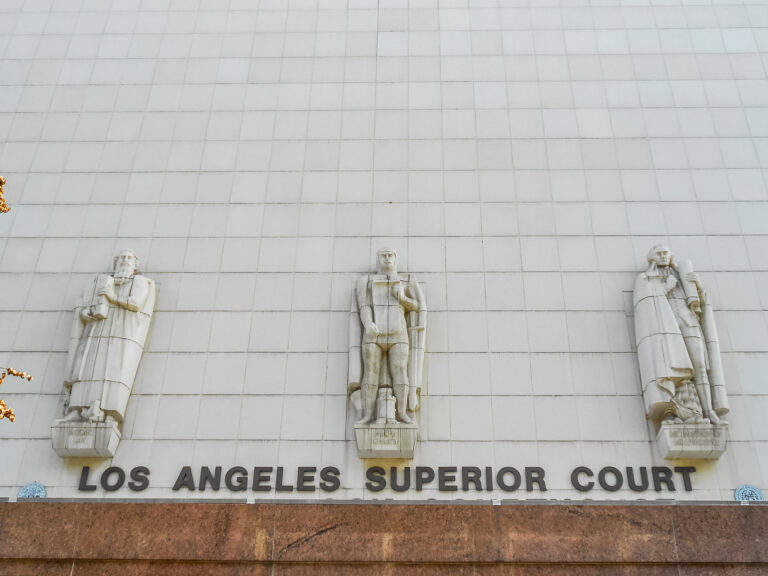The California Code of Civil Procedure Section 564 lists many of the traditional types of cases in which receivers may be appointed. They include, but are not limited to, the following: Preservation of a common fund or property in dispute and in danger of injury or dissipation;Rents, Issues and Profits (Real Estate);Substandard Housing – The…

Under the Uniform Commercial Real Estate Receivership Act, what are the powers and duties of a receiver?
The Receiver is empowered to:
(1) collect, control, manage, conserve, and protect receivership property;
(2) operate a business constituting receivership property, including preservation, use, sale, lease, license, exchange, collection, or disposition of the property in the ordinary course of business;
(3) in the ordinary course of business, incur unsecured debt and pay expenses incidental to the receiver’s preservation, use, sale, lease, license, exchange, collection, or disposition of receivership property;
(4) assert a right, claim, cause of action, or defense of the owner which relates to receivership property;
(5) seek and obtain instruction from the court concerning receivership property, exercise of the receiver’s powers, and performance of the receiver’s duties;
(6) on subpoena, compel a person to submit to examination under oath, or to produce and permit inspection and copying of designated records or tangible things, with respect to receivership property or any other matter that may affect administration of the receivership;
(7) engage a professional as provided in Section 15;
(8) apply to a court of another state for appointment as ancillary receiver with respect to receivership property located in that state; and
(9) exercise any power conferred by court order, this [act], or law of this state other than this [act].
(b) With court approval, a receiver may:
(1) incur debt for the use or benefit of receivership property other than in the ordinary course of business;(2) make improvements to receivership property;
(3) use or transfer receivership property other than in the ordinary course of business as provided in Section 16;
(4) adopt or reject an executory contract of the owner as provided in Section 17;
(5) pay compensation to the receiver as provided in Section 21, and to each professional engaged by the receiver as provided in Section 15;
(6) recommend allowance or disallowance of a claim of a creditor as provided in Section 20; and
(7) make a distribution of receivership property as provided in Section 20.
(c) A receiver shall:
(1) prepare and retain appropriate business records, including a record of each receipt, disbursement, and disposition of receivership property;
(2) account for receivership property, including the proceeds of a sale, lease, license, exchange, collection, or other disposition of the property;
(3) file with the [appropriate real property recording office] a copy of the order appointing the receiver and, if a legal description of the real property is not included in the order, the legal description;
(4) disclose to the court any fact arising during the receivership which would disqualify the receiver under Section 7; and
(5) perform any duty imposed by court order, this [act], or law of this state other than this [act].
(d) The powers and duties of a receiver may be expanded, modified, or limited by court order.
Related Posts
A receivership can be structured in a variety of ways based on the nature of the dispute, the goals and objectives of the parties, the type of asset(s) that will be placed under the control of a receiver as well as the ruling of the court. There are two core types of receiverships – a…
All court receiverships are not created equally, but the life-cycle of a court receivership has similarities that can be seen in almost every case.




